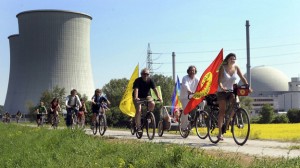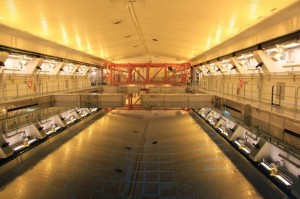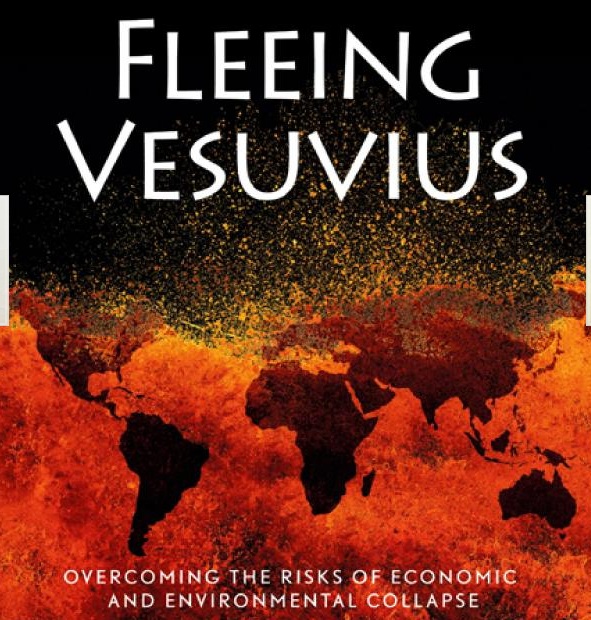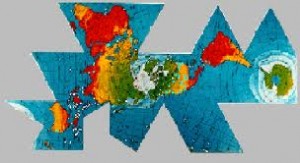
Here are a few of the BIG lies used to support the status quo. What we need, rather urgently, is a counter-narrative
LIE 1. The earth is an open system with infinite supplies and sinks;
POSSIBLE TRUTH: Earth is a closed system, changes that used to take 10,000 years now take three, humanity is “peaking” the entire system.
LIE 2. Everything must be monetized;
POSSIBLE TRUTH: Money is an exchange unit and an information unit; in the absence of holistic analytics and “true cost” transparency, mony is actually a toxic means of concentrating wealth and depriving communities of their own resources (e.g. land).
LIE 3. The extreme unregulated free market is the only option for a modern economy;
POSSIBLE TRUTH: Information asymmetries and “rule by secrecy” have been clearly documented–the free market is neither free nor fair. A modern economy needs to be transparent, resilient, and hence rooted in the local.
Continue reading “USA: Thirteen Big Lies — Needed Counter-Narrative”





 The essay below is an updated and edited version of a post I wrote here a few years ago,
The essay below is an updated and edited version of a post I wrote here a few years ago, 


